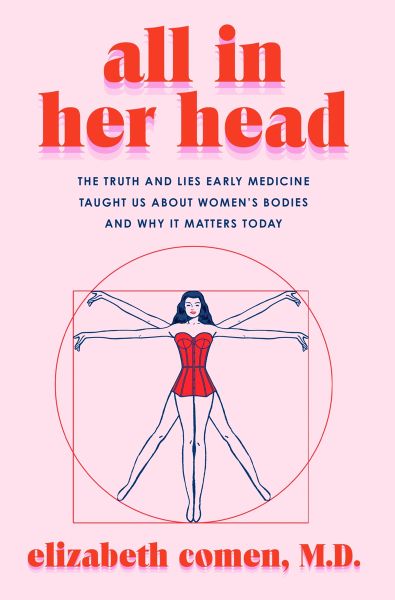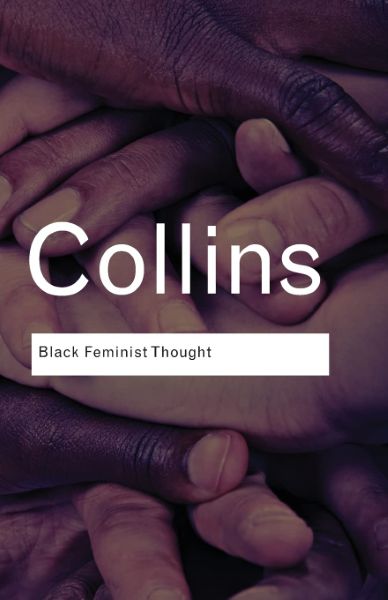Feminist Epistemology
10 related content items found
📚 Books 2
📄 Papers 8
Translating the Feminist Theory of Intersectionality into Gender Analytical Frameworks for Gender and Development
This paper explores how to translate intersectional feminist theory into practical gender analytical frameworks (GAF) for development interventions, warning against turning intersectionality into a simple instrument stripped of its theoretical and methodological nuances.
Pure tolerance revisited
This radical feminist theoretical article revisits the place of tolerance in feminist theory, critically responding to the pluralist stance advocated by the inaugural issue of Feminist Theory journal. Drawing on Herbert Marcuse's theory of 'repressive tolerance', Thompson argues that unlimited tolerance provides shelter for patriarchal and anti-feminist viewpoints, thereby undermining feminism's core as a liberatory politics. She contends that feminism must maintain intolerance toward male domination to preserve its theoretical coherence and political efficacy.
Being reasonable, telling stories
This essay explores the relationship between rational argumentation and narrative knowledge in feminist theory, questioning traditional oppositions between theory and story, abstract and concrete, argument and narration. Felski argues that narrative is not the opposite of rationality but an important mode of feminist knowledge production, and the two should be seen as complementary rather than opposed.
In search of feminist theory
This essay is Walby's response to critiques from Phoenix, Knapp, and others, further elaborating her position that feminism needs robust theorization and universal claims. Walby argues that in the era of globalization, feminism cannot be limited to politics of location but needs to develop theoretical frameworks capable of analyzing systemic oppression across local boundaries.
More Power to Argument
This essay responds to Sylvia Walby's claim that feminism needs to move beyond politics of location toward universal arguments. Knapp, drawing from German Critical Theory and feminist traditions, explores the power of argument while warning against power relations that abstract universalism might mask, advocating for argumentative practice that is both critically powerful and acknowledges situatedness.
What Counts as Feminist Theory
This essay explores the definitional boundaries and epistemological foundations of feminist theory, questioning what kinds of thinking and practice can be counted as 'theory' and how such distinctions affect feminist academic and political practice. Ermarth examines feminist theory's diversity and inclusivity from a postmodern perspective.
Who Counts (or Doesn't Count) What as Feminist Theory?: An Exercise in Dictionary Use
This critical essay examines epistemological boundaries and power relations in academic discourse by investigating how dictionaries define and categorize feminist theory. Winter analyzes which theoretical traditions are included or excluded, and how these choices reflect power dynamics and knowledge politics within feminism.
Situated Knowledges: The Science Question in Feminism and the Privilege of Partial Perspective
This groundbreaking paper redefines the concept of objectivity, proposing 'situated knowledges' as a third way between traditional scientific objectivity and relativism. Haraway argues that all knowledge comes from specific positional perspectives, advocating for 'feminist objectivity'—a form of knowledge production that acknowledges partiality, location, and embodiment.
Related Topics
Discover More Content
Explore more feminist-related topics and content

